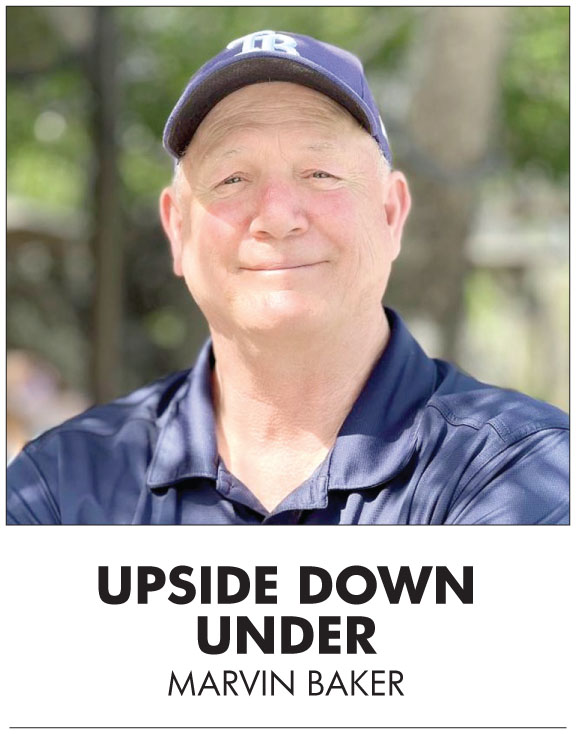The scoreboard above the end of the rink reads 2-0 in the first period. A young player is called for cross-checking, a two-minute penalty, and shows his disgust by pounding on the plexiglass before stepping into the penalty box and slamming the door.
The angry display doesn’t go unnoticed by the referee who responds by explaining to the young player that his unsportsmanlike actions just added two minutes to his time in the bin. A few moments later his team, playing a man short due to the penalties, surrenders a goal.
Lesson learned, hopefully.

After witnessing the event I recalled one of my own reactions from an early experience on the baseball field. I was at the plate. The pitcher was known for throwing low strikes and the umpire was known for calling low strikes.
The first two pitches to me were low strikes. I grumbled to the umpire about both calls, believing the pitches to be below the strike zone. The veteran umpire, who had worked hundreds of games and had an excellent reputation, took his mask off after my second complaint and explained to me that he called both pitches strikes because that’s exactly what he saw.
Looking back on it, I needed that lesson. It took me a while to realize it. I didn’t like it, but I never forgot it. The hockey official was teaching the aforementioned young hockey player the same thing – don’t argue with officials or display unsportsmanlike behavior.
Today’s young athletes have much more opportunity to learn and develop than ever before. There are organized levels of teaching sports from toddler to high school, quite different from not so many years ago when kids learned what they could on neighborhood playgrounds.
Parents are much more involved too
. No matter if it is hockey, swimming, dance, basketball, or any other activity it is dedicated parents that are firmly involved in their children’s chosen sport.
They transport children to and from practices at all hours of the day, any day of the week. There are road trips too, tournaments and competitions in other cities in North Dakota and beyond.
One parent of a young hockey player told me he hadn’t been ice fishing in several years,
one of the favorite activities, because of his passion for watching his son develop through the ranks of youth hockey.
How fortunate these young athletes are to have unlimited opportunities to play, and participate, and learn. Behind all of them are supporting parents and friends. That’s what I see when watching any of the many youth activities today.
What happens on the rink, or court, or stage, or pool, is secondary to the support system that makes it all possible. That is where the real rewards are, and a lesson that should never for forgotten.












